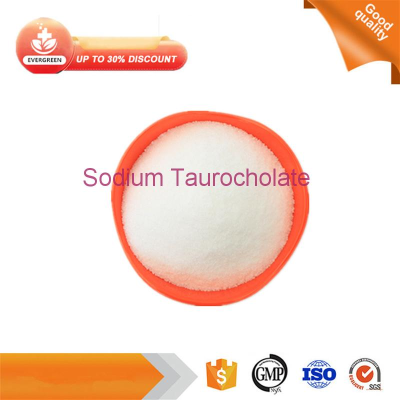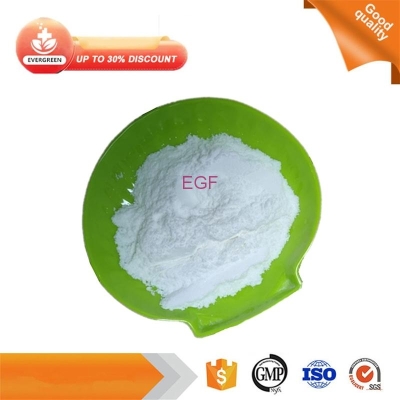-
Categories
-
Pharmaceutical Intermediates
-
Active Pharmaceutical Ingredients
-
Food Additives
- Industrial Coatings
- Agrochemicals
- Dyes and Pigments
- Surfactant
- Flavors and Fragrances
- Chemical Reagents
- Catalyst and Auxiliary
- Natural Products
- Inorganic Chemistry
-
Organic Chemistry
-
Biochemical Engineering
- Analytical Chemistry
- Cosmetic Ingredient
-
Pharmaceutical Intermediates
Promotion
ECHEMI Mall
Wholesale
Weekly Price
Exhibition
News
-
Trade Service
In the past 20 years, the incidence of early-onset colorectal cancer (EO-CRC, age <50 at diagnosis) has been increasing in many high-income countries
.
In the American population born after 1950, the incidence of EO-CRC has increased in subsequent birth cohorts
In the past 20 years, the incidence of early-onset colorectal cancer (EO-CRC, age <50 at diagnosis) has been increasing in many high-income countries
Sugary drinks (SSB, such as soft drinks, fruit drinks, sports drinks, and energy drinks) are the main source of added sugar in the American diet (39%)
.
SSB can have adverse metabolic effects throughout life
This study aims to explore the relationship between SSB intake and the risk of EO-CRC throughout the life of patients
A total of 109 cases of EO-CRC were collected in this study.
The results of the study found that women who consumed ≥2 SSB per day had an increased risk of EO-CRC compared with individuals who consumed <1 SSB per week in adulthood.
More than double (RR 2.
18; 95% CI 1.
10-4.
35; P = 0.
02), each serving/day increases the risk by 16% (RR 1.
16; 95% CI 1.
00-1.
36)
.
Each additional serving of SSB intake between 13-18 years of age is associated with a 32% increase in the risk of EO-CRC (RR 1.
This study finally confirmed that higher SSB intake in adulthood and adolescence is associated with a higher risk of EO-CRC in women
.
Reducing SSB consumption by teenagers and young adults may be a potential strategy to mitigate the increasing EO-CRC
This study finally confirmed that higher SSB intake in adulthood and adolescence is associated with a higher risk of EO-CRC in women
Original source:
Jinhee Hur.
Leave a message here







